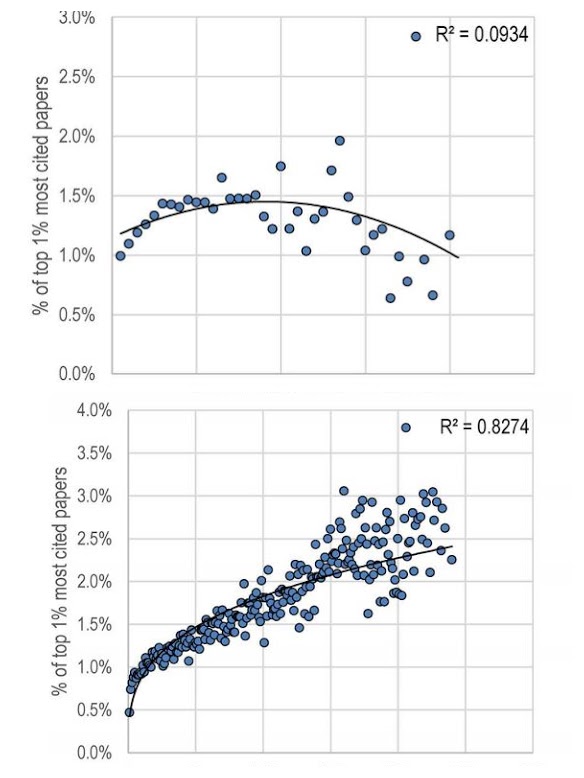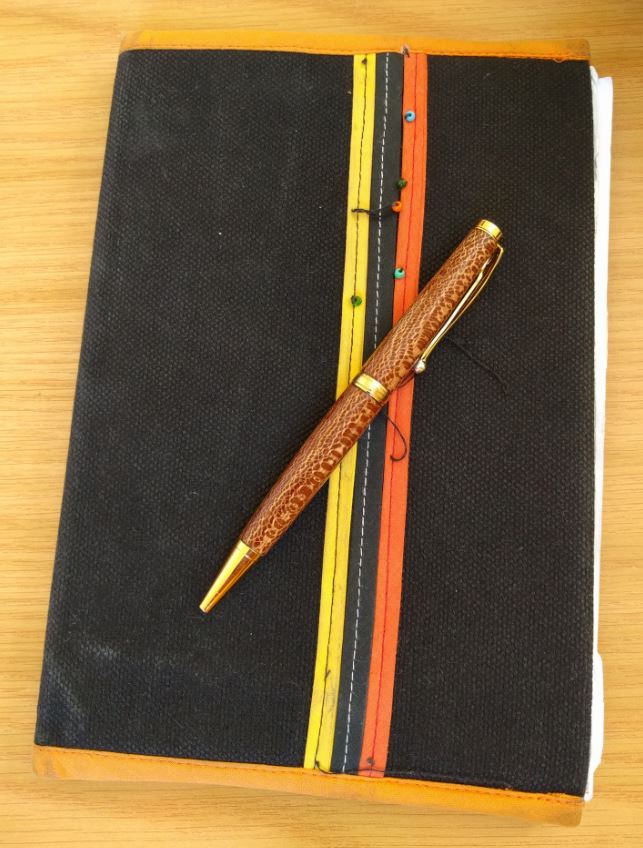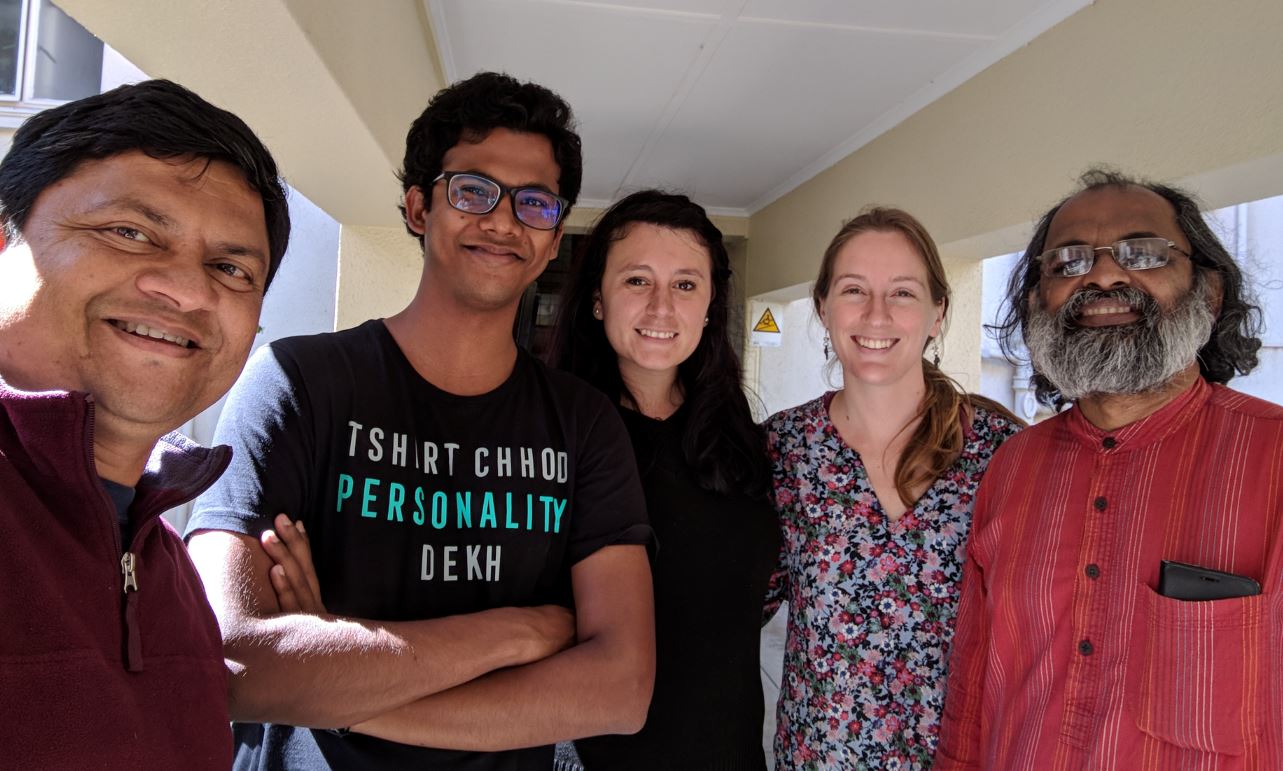A 'native English speaker' is not what you need!
This blog is inspired by one of my 'pet hates' that editors (especially non-English speaking editors) so regularly come up with. In my experience, having advice from a 'native English speaker' is no guarantee to getting a well written manuscript.
Most of the world’s scientists did not grow up speaking English. Yet, rightly or wrongly, English is the language in which science is currently written. So, if English isn’t your mother tongue, should you expect to receive help during peer review?

Should you expect to receive help with your English when you submit a manuscript?
Perhaps I should start from the outset by stating that English is my mother tongue, and that I have spent many hours correcting the language of colleagues for whom it wasn’t. However, most of these hours were spent when I was a postgraduate student or postdoc. I no longer think that correcting English is my role either as an editor, reviewer or as a supervisor.
I did not study English, and would be the first to admit that my grasp of grammar and syntax is by no means perfect. I have read enough correct English to know when something is incorrect, but that doesn’t mean that I know how to correct it. I have spent many long hours trying to decode what others have written, and in some cases this has involved me re-writing entire manuscripts. I still do this as a co-author, although I do remember asking one colleague to please send any further drafts in their native Spanish as it would be easier to translate than it would be to re-write.
The time component is at the crux of my reasoning why, as an editor, reviewer and supervisor, I will not provide an English language service. It is both a time consuming and an unsatisfying experience. We all have our own voice (see blog here), and correcting while maintaining other people’s voices is a painstaking task. There’s an entire profession that specialises in this (think translator). These days there are also services available from publishers to non-English authors to help them correct their English.
In addition, there turns out to be research suggesting why peer review is not the best way to improve writing (Shashok 2008). Peer review works much better at screening technical content than it does at improving the communication of that content.
Given that I’m not going to correct your English, what remarks would you expect me to make when reviewing a poorly written manuscript?
No matter how you might hope that it isn’t true, a poorly written manuscript will not get a good review. If your reviewer is struggling to understand what you have written, this becomes the overall impression that they will likely pass onto the handling editor. I try to separate my difficulties with English from my review of the science. But this isn’t always possible. Frequently, a poorly written manuscript will mean that I won’t be able to understand why the research was undertaken, what was done or what it means. This is bound to impact the review negatively.
The more I struggle to read, the more negative the review becomes. I see this as inevitable. What shocks me is that some senior researchers consider it to be their right to submit poorly written manuscripts and have reviewers or editors correct them (if you don’t believe me, see here). Worse, I’ve received manuscripts that are co-authored by people I know are native English speakers, but are full of glaring mistakes that appear never to have been checked. For me, this violates the terms that all authors have approved the final manuscript.
So what will I do to help?
Normally, I will highlight poorly written text. If there are just a handful of places, I will report these as minor corrections and there is unlikely to be any comment about English. If there are many (>15) you will probably get your manuscript back with these highlights. If there are more than 20 in the abstract (and I have seen worse), then I will give up even highlighting, but still carry on making an effort to read the manuscript. There have, however, been times when I’ve not been able to finish.
Being a native English speaker, am I above having people complain about my English?
Sadly, no. I do get it wrong, and my English can often be improved. I’m always happy to receive help, and see it as a sign of how I can improve clarity of a manuscript. However, I hope that my manuscript are never so poorly written that a reviewer or editor cannot make sense of them. So it is a matter of degrees.
Do you have to have a ‘native English speaker’ check your work?
No. There are many people who are not native English speakers who write far better than I do. It’s a ‘pet hate’ of mine that reviewers and editors insist that a manuscript must be corrected by a ‘native English speaker’. I’ve seen so many very poorly written essays, theses and manuscript written by native English speakers that I know that having one correct your manuscript is unlikely to be of much help, unless they themselves are good writers.
Being a ‘native English speaker’ doesn’t automatically qualify you to write well, edit well or do any of the things that non-English speaking editors think that it does.
That non-English speaking editors often comment that a ‘native English speaker’ should read my text, simply underlines the problem that many editors themselves are incapable of knowing whether or not something is well written.
So if not a native English speaker, who should do it?
Anyone you know who writes good English and is willing to help you. One option is the service offered by AuthorAID: http://www.authoraid.info/en/ Using AuthorAID, you can find a long term mentor who will help you with your English. You can read more about this approach here (Freeman & Robbins 2006).
Failing that, I’m afraid that the best route will be to pay for help.


.JPG)


